Seborrhoeic dermatitis
This is common in babies up to 4 months of age due to the persistence of maternal hormones and is known as cradle cap. It is also common in middle age. This condition causes thick, yellowish greasy scales on the scalp, with redness beneath the scales. Patches may be localised or cover the entire scalp. Sometimes there is itching and patches may also occur on other parts of the body where there is a high oil gland activity such as the face and upper chest. Dandruff is a mild version of seborrhoeic dermatitis. Seborrhoeic dermatitis tends to be recurrent, and treatment involves the use of mild antiseptic or antifungal shampoos and mild steroid lotions or gels.
Psoriasis of the scalp
Psoriasis is a common inflammatory skin disease that causes an increased production of skin cells, which accumulate leading to the formation of thick silvery plaques. Scalp dermatitis may form anywhere on the scalp including the hair line and the forehead. Psoriasis is usually not itchy.
Contact dermatitis
Contact dermatitis causes swelling and inflammation of the scalp as a result of contact with a chemical irritant, such as hair dye, perming lotion, bleaching lotion and excessive hair-drying with a hot dryer. This causes itchy, scaly red patches to form on the scalp, hairline and ears.
Lichen planus
Lichen Planus inflammatory disorder can cause bald scarring patches on the scalp. Itchy, reddish purple or scaly patches form on the scalp. Treatment must be thorough and immediate to prevent scarring which will cause permanent balding. The most common treatment involves topical steroids or scalp steroid injections.
Discoid lupus erythematotus (DLE)
Discoid Lupus Erythematotus is a skin autoimmune disease which also often affects the scalp causing bald, scaly red patches and often permanent hair loss. DLE should be treated immediately to prevent permanent hair loss.
Alopecia (hair loss)
Alopecia can vary from increased general hair loss to patchy or complete baldness called alopecia areata which is thought to be an autoimmune disease affecting the scalp. Hair loss can be extreme and sudden, with the underlying skin looking normal. The cause is unknown and most people recover spontaneously after a period of months, although sometimes baldness is complete and permanent. Treatment can involve scalp steroid injections.
Prevention and treatment
1. Gentle care
Gentle care is vital for scalp health. This means avoiding harsh hairdressing chemicals such as colourings and perming solutions. Always wash hair in warm rather than hot water, and avoid over-drying with a hairdryer. Use a lower setting on the hairdryer if possible. Choose a mild shampoo with an acidic pH of around 4.5–5.5. Some people find that a common agent used in shampoo (Sodium lauryl sulphate) acts as a scalp irritant. Look for a shampoo free of SLS instead. Brush the hair firmly and regularly to stimulate blood circulation to the scalp, and oil production in the hair.
2. Treating scalp psoriasis and seborrhoeic dermatitis
Scalp psoriasis and seborrhoeic dermatitis are treated similarly. Medicated shampoos are usually used to clear the symptoms of dry, flaky and sometimes itchy scalp plaquing. Coal tar or salicylic acid based shampoos work as an exfoliant. Rub into the scalp gently, leave for 5–10 minutes before reapplying. Use no more than twice weekly. Corticosteroid preparations are frequently needed and are successful in managing these conditions.
3. Itchy scalp
Itchy scalp is a common problem for many adults, and can be caused by a range of scalp conditions including psoriasis, dandruff, ringworm (a fungal infection) or simply dry skin on the scalp. Head lice are an increasingly common parasitic infestation and will cause intense and constant scalp itching. Medical help may be needed to sort out these problems.
4. Diet and scalp health
In common with the skin on the rest of the body, there are certain nutrients essential for scalp health. Most important are the omega-3 fatty acids found in oily fish (salmon, sardines, herrings, tuna), avocado, nuts, seeds and flax oil. Supplementing with a fatty acid called GLA (found in abundance in evening primrose oil) may also help remedy dry and itchy scalp. A deficiency of the mineral zinc, and B complex nutrients can also contribute to some scalp conditions.
5. Deal to dandruff
Those embarrassing white flakes which cascade onto your shoulders can be controlled. Most cases of dandruff are now believed to be caused by the overgrowth of a common and harmless scalp fungus called Pityrosporum Ovale. What causes its overgrowth is not clear, although poor nutrition, hormonal imbalance and a poor diet have been implicated. An overgrowth causes increased turnover of scalp cells leading to the production of dead skin cells which clump together and fall as dandruff. There are many shampoos on the market to deal with this frustrating problem quickly and efficiently, including some anti-yeast preparations.
If treatment fails, it may be due to infrequent use of the required preparation or not using it for long enough. Many of the listed conditions have natural fluctuations so may even get better or worse by themselves over time. Persistence is the key.






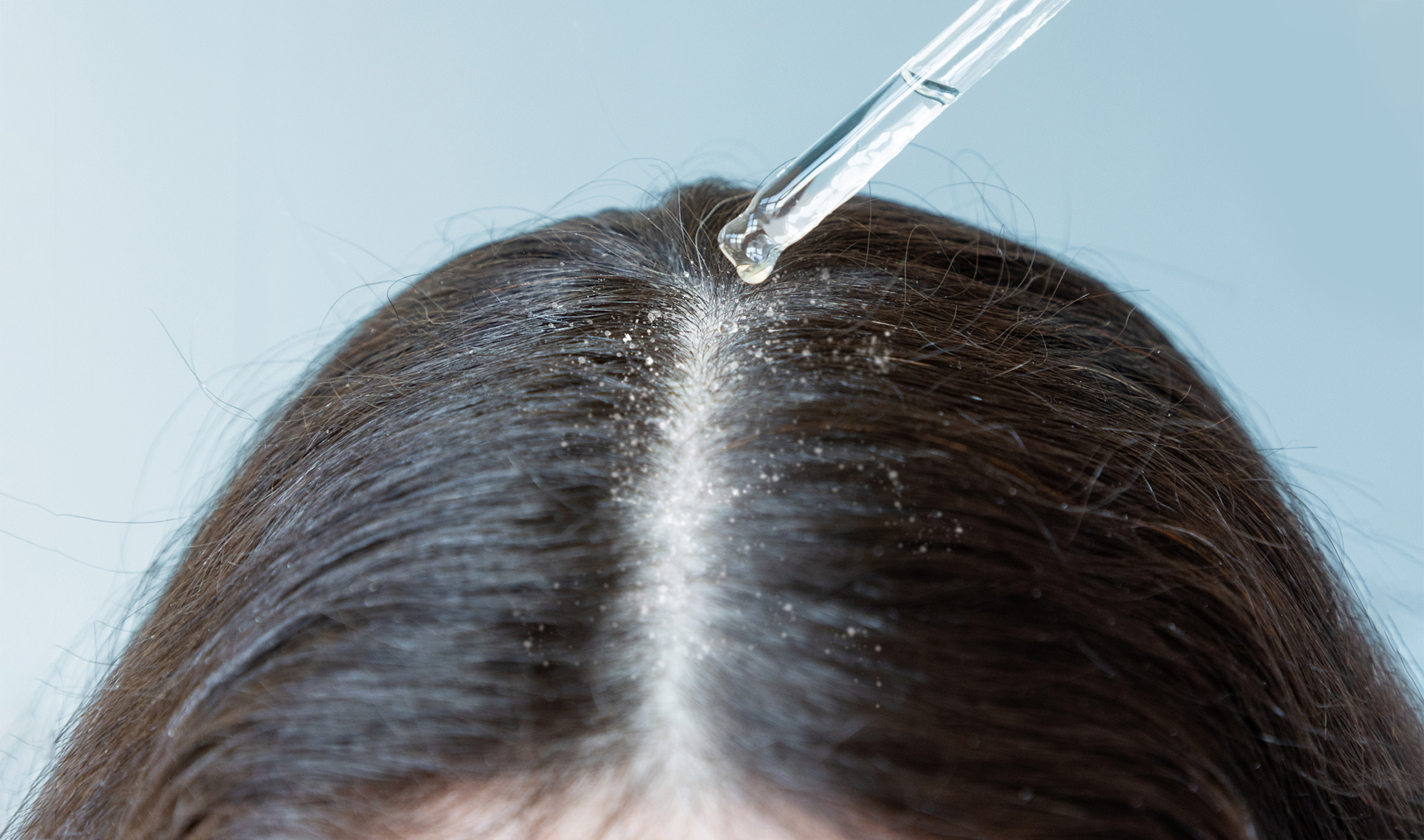

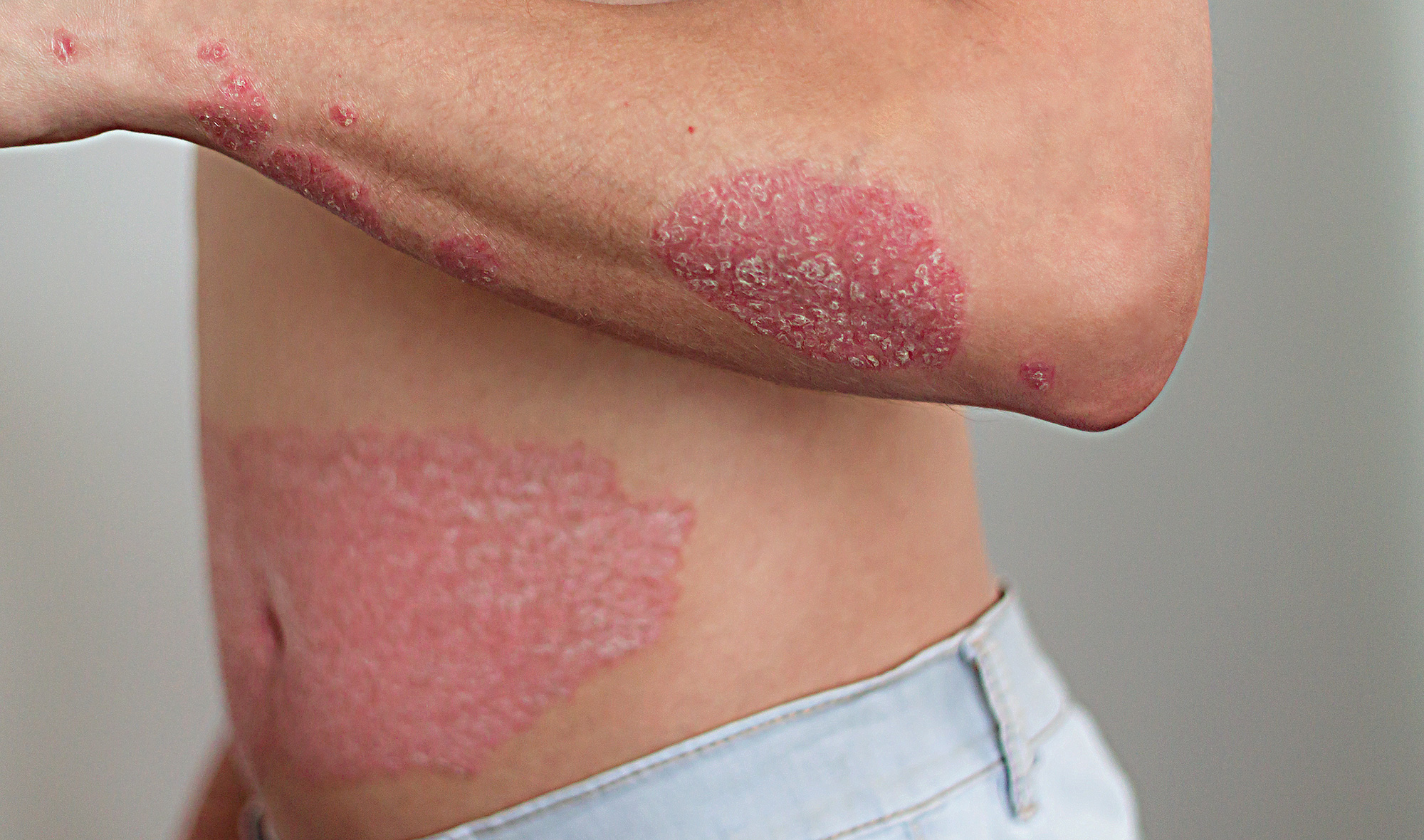
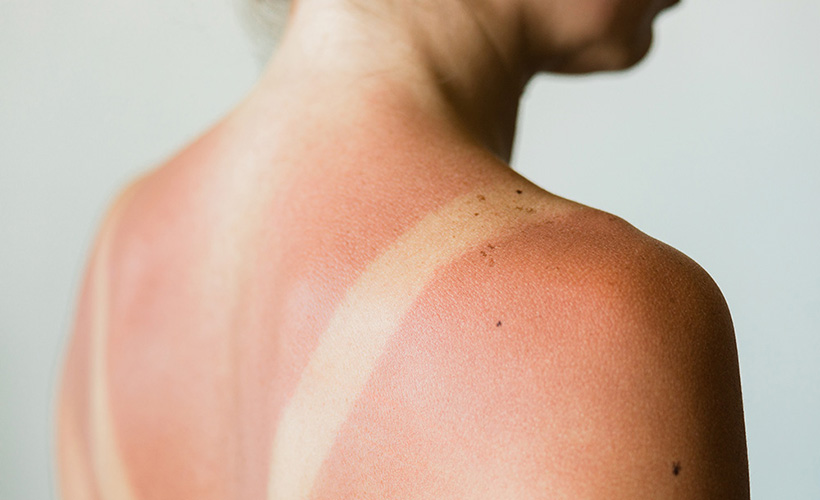
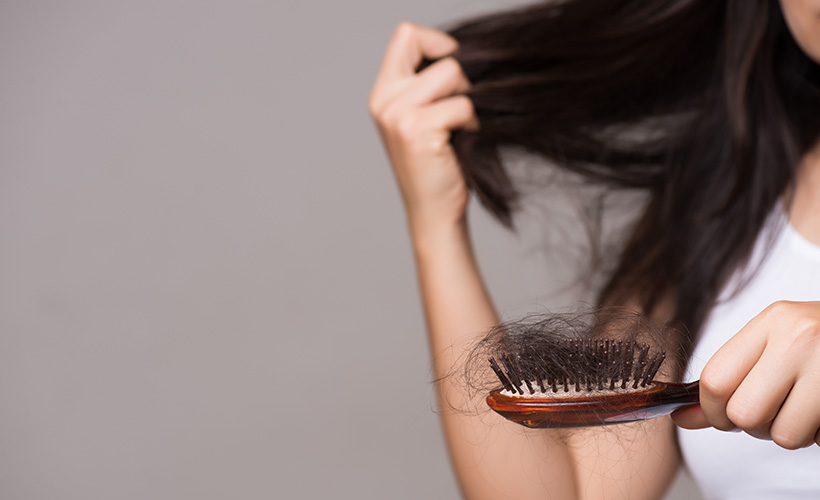


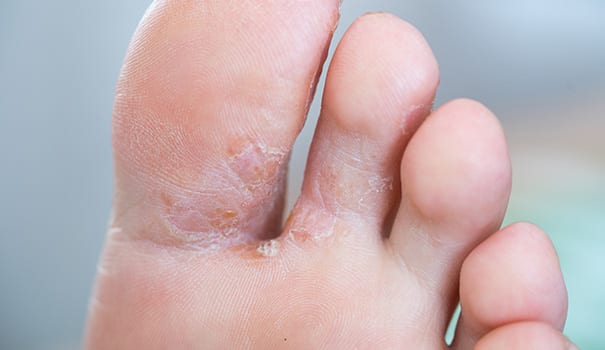

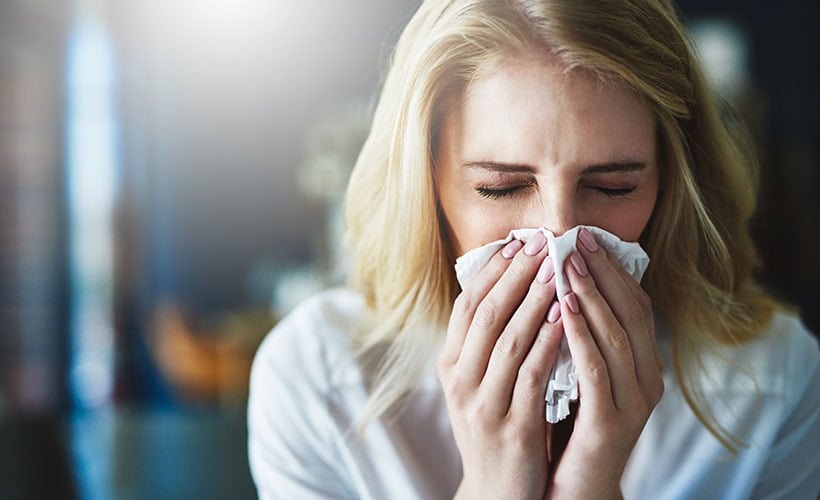

Community